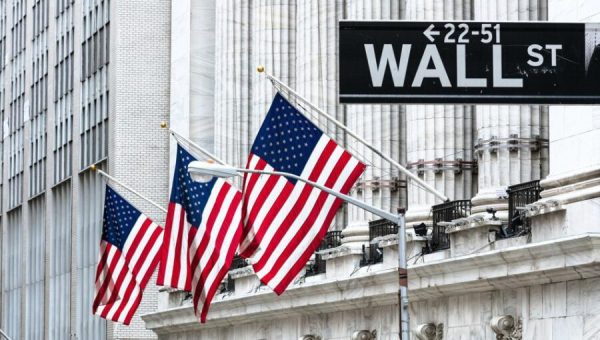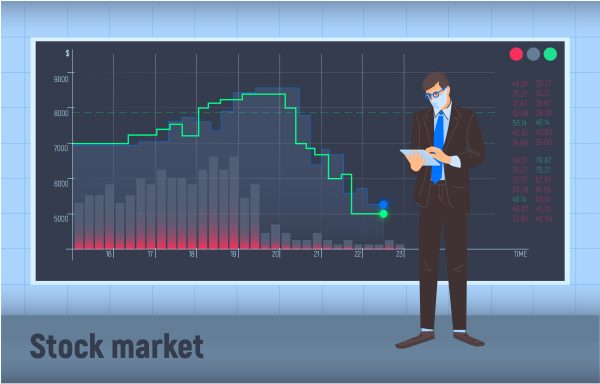In the realm of financial markets, uncertainty can be a major cause of concern for investors. Over the past few weeks, the United States has been grappling with a critical issue that has captured the attention of investors worldwide—the impending debt ceiling deadline. However, a sense of relief has washed over the stock market as news of a debt ceiling deal broke, signaling a temporary resolution to the crisis.

This article delves into the recent debt ceiling agreement, its impact on the stock market, and the implications for investors.
The Debt Ceiling Crisis
The debt ceiling is a statutory limit on the amount of money that the United States government can borrow to meet its financial obligations. When this limit is reached, the government must obtain approval from Congress to increase the borrowing capacity. Failure to raise the debt ceiling could lead to severe consequences, such as a potential default on the nation’s debts, which would have far-reaching implications for the economy.
For weeks, there has been growing concern surrounding the looming debt ceiling deadline, as partisan politics threatened to impede progress. The protracted negotiations and uncertainty surrounding the resolution had left investors on edge, causing fluctuations in the stock market and increasing volatility.
The Debt Ceiling Deal
On May 28, 2023, news of a debt ceiling deal emerged, providing a much-needed respite for investors. The bipartisan agreement, reached in Congress, allows for a temporary suspension of the debt ceiling until a specified date, providing the government with the necessary funds to continue operating and meeting its financial obligations.
The deal comes as a relief to market participants who were growing increasingly anxious about the potential consequences of failing to reach an agreement. By averting a default and ensuring the government’s ability to honor its debts, the agreement offers a degree of stability and reassurance to investors.
Impact on the Stock Market
The announcement of a debt ceiling deal has had an immediate positive impact on the stock market. Investors greeted the news with enthusiasm, leading to a surge in major stock indices. This rally can be attributed to the removal of a significant uncertainty that had been weighing on market sentiment.
The stock market abhors uncertainty, and the debt ceiling crisis had introduced a considerable degree of unpredictability. With the temporary resolution in place, investors can now focus on other fundamental factors and make informed decisions based on the broader economic outlook, rather than being consumed by the immediate concerns of a potential default.
Implications for Investors
The debt ceiling deal provides a reprieve for investors, allowing them to regain confidence in the stability of the U.S. financial system. The temporary resolution removes the immediate threat of default and its associated risks, which could have caused a cascading effect across global financial markets.
Investors should keep in mind that the debt ceiling issue is not permanently resolved. The temporary suspension merely buys time for further negotiations and discussions. The future dynamics surrounding the debt ceiling, including potential reforms or modifications, remain important factors to monitor in the coming months.
As always, investors should maintain a long-term perspective, diversify their portfolios, and stay attuned to economic indicators and market trends. By focusing on sound investment strategies and considering a broad range of factors, investors can navigate the financial landscape more effectively.
In short, The debt ceiling deal reached in Congress has provided a momentary sense of relief for investors, allowing the stock market to rally and regain stability. By averting a potential default, the agreement removes a significant source of uncertainty, fostering a more positive investment environment.




